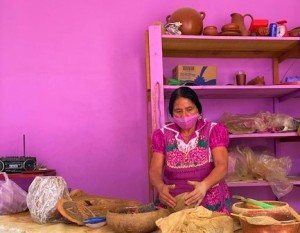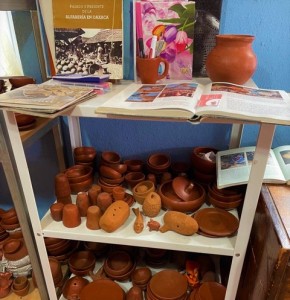~ Madison Bartula-Henkle
For those of you who I have not met yet, my name is Madison, and I am finishing up my MPPA degree this year. As I am sure most of you know, one great part of this program is the amount of career and skill-building opportunities our professors and advisors share with us. Through this program, I learned about Dr. Khan’s nonprofit organization IOREM. Dr. Khan co-founded the International Organization for Remittances and Migration in 2020. This past spring, IOREM wanted to bring on a student intern, and I jumped at the opportunity to work in the nonprofit sector.
Since being with IOREM, I have been working wherever needed. I even got the opportunity to help plan and facilitate our Summer Workshop, which took place in August. Our biggest win thus far was taking home second place in the Voinovich Challenge for Public Innovation. The challenge is run by the Voinovich School at Ohio University, in collaboration with NASPAA (Network of Schools of Public Policy, Affairs, and Administration).
I was both terrified and elated when Dr. Khan asked me to present with him. I still get nervous when it comes to public speaking, and I knew how significant this opportunity was for IOREM. I was so honored that Dr. Khan trusted me enough for the job and the competition. We spent a lot of time fine tuning and practicing our presentation. On October 29th, Dr. Khan and I presented IOREM and our upcoming research project to a panel of esteemed judges, some of whom were former winners of the challenge. After all was said and done, we took home second place!
Working with IOREM has taught me so much; not only about the industry but about myself. I have been able to build my professional and personal skills thanks to this opportunity. Ultimately, read your emails and take advantage of everything this program can give you!



